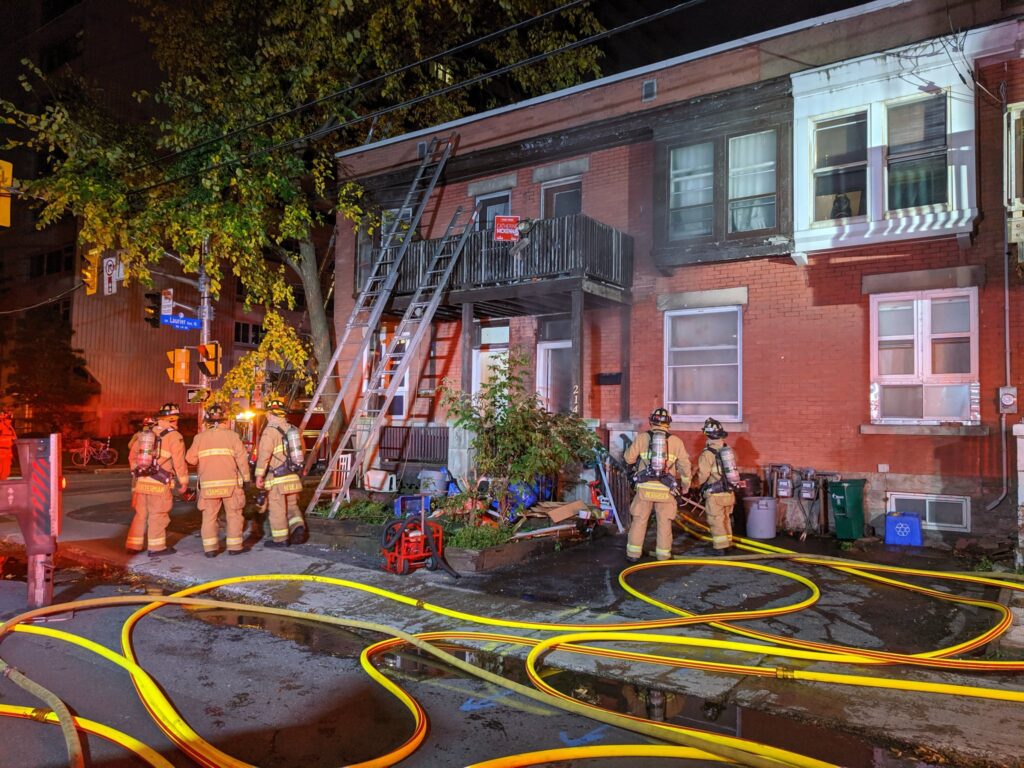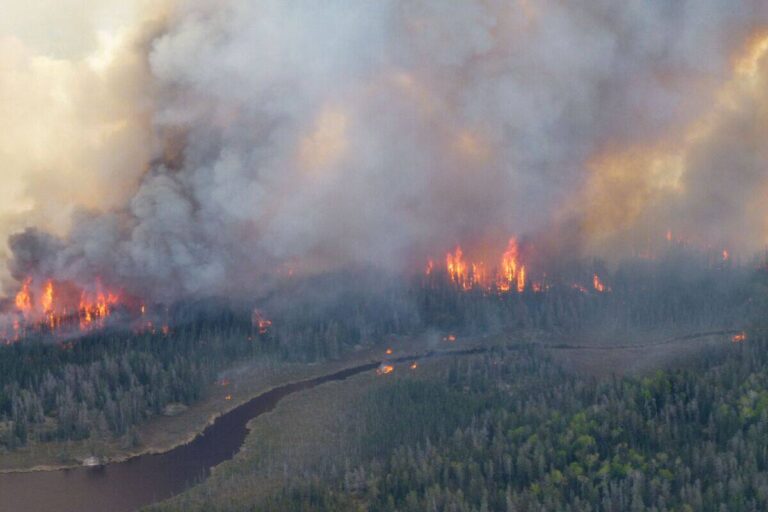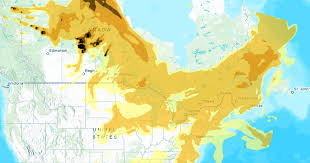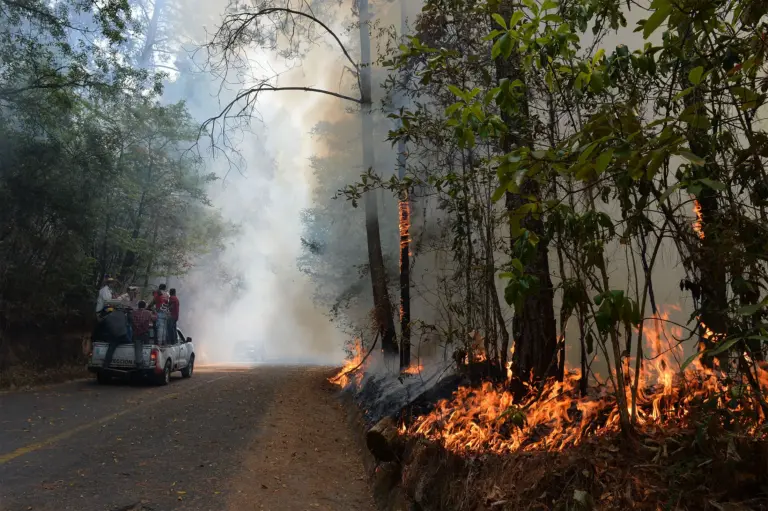
Introduction
The city of Ottawa is currently facing significant air quality concerns due to persistent smoke from ongoing forest fires in Canada. This issue has heightened awareness around the importance of understanding air quality, its health implications, and what residents can do to protect themselves during these challenging times.
The Situation in Ottawa
In recent weeks, Ottawa has been grappling with a blanket of smoke that has caused air quality indices to reach hazardous levels. According to Environment and Climate Change Canada, the air quality in Ottawa on various days has been reported as “very unhealthy” with the Air Quality Health Index (AQHI) exceeding 10+. Local health authorities have issued advisories, urging residents, especially those with pre-existing health conditions, to limit exposure and reduce outdoor activities.
Sources of Smoke
The primary source of the smoke affecting Ottawa is the series of wildfires burning across the Canadian provinces, particularly in Quebec and Northern Ontario. Due to dry conditions and strong winds, the smoke has traveled vast distances, causing a ripple effect that impacts air quality in cities far from the fires themselves.
Health Impacts and Precautions
Extended exposure to poor air quality can lead to a range of health issues, including respiratory problems, cardiovascular stress, and exacerbated allergies. Health officials recommend that residents stay indoors when possible, use air purifiers, and wear masks if they must go outside. Vulnerable populations, such as children, the elderly, and those with underlying health conditions, should take extra precautions.
Responses and Initiatives
The City of Ottawa has been proactive in addressing air quality concerns, including setting up air quality monitoring stations to provide real-time updates. Additionally, local health units are working to disseminate information about how to stay safe during times of poor air quality. Community initiatives are underway to plant trees and promote sustainable practices that can help mitigate future air quality challenges.
Conclusion
As Ottawa continues to face smoke-related air quality issues, it becomes increasingly important for residents to stay informed and take necessary precautions. This crisis serves as a reminder of the growing impact of climate change and the need for community action to protect public health and the environment. With ongoing efforts to monitor and address air quality, residents can anticipate gradual improvements, but vigilance remains crucial in navigating these challenging circumstances.






